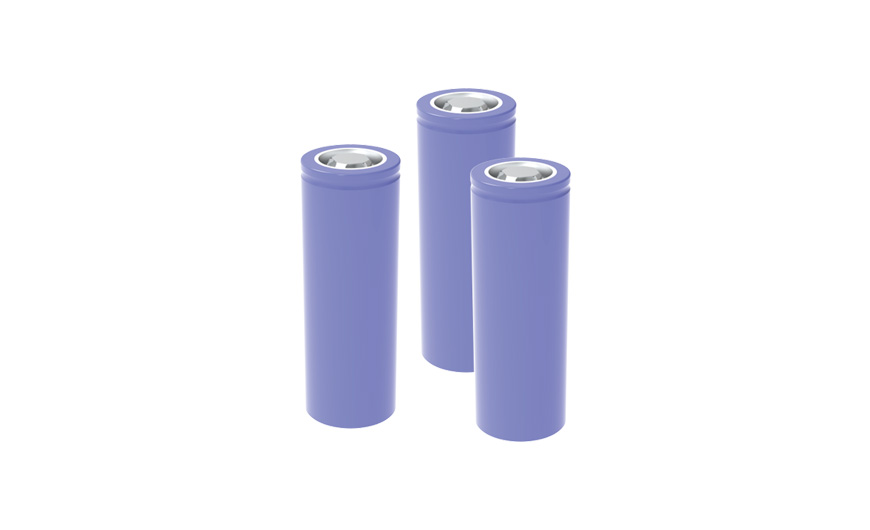In the field of lithium ion battery manufacturing, safety remains one of the most discussed topics. As lithium batteries power a wide range of applications from electric mobility to large-scale energy storage—understanding their chemical behavior is essential. A common question from industry professionals is whether lithium batteries produce hydrogen during operation or failure.
Understanding Hydrogen Generation in Lithium Batteries
In standard operation, lithium ion 18650 batteries and other lithium-based cells, such as NCM and LiFePO₄ types, do not produce hydrogen. Their electrochemical reactions involve lithium ions moving between the anode and cathode through an electrolyte, without the participation of water or hydrogen-producing compounds. Unlike lead-acid batteries, which can emit hydrogen during overcharging, lithium batteries are sealed systems designed to prevent gas release.
However, under extreme conditions such as thermal runaway, overcharging, or physical damage, minor gas generation can occur. This gas typically consists of carbon dioxide, carbon monoxide, and small traces of hydrocarbons—not hydrogen. The presence of hydrogen is rare and usually results from severe electrolyte decomposition at very high temperatures.
Tianneng’s Approach to Safety and Quality
At Tianneng, they integrate strict control and monitoring across every stage of lithium ion battery manufacturing. Their NCM cylindrical lithium ion 18650 battery models are designed for stable energy output in compact systems such as electric two-wheelers and tricycles. These batteries maintain internal pressure within a safe range through well-engineered sealing structures.
For larger applications, their LiFePO₄ prismatic cells are produced through automated manufacturing lines that ensure precise electrode alignment, electrolyte filling, and thermal management. These processes help minimize risks of gas buildup or abnormal reactions, even in high-load environments like commercial vehicles, ships, or energy storage systems.
Conclusion
In normal conditions, lithium batteries do not produce hydrogen. Their closed-cell architecture and controlled electrochemical reactions prevent the formation of such gases. With companies like Tianneng focusing on quality design, automated production, and reliable thermal control, users can rely on lithium batteries that combine performance with consistent operational safety. For businesses seeking dependable and durable energy solutions, Tianneng’s range of lithium battery cells provides confidence backed by precision manufacturing and proven engineering standards.
